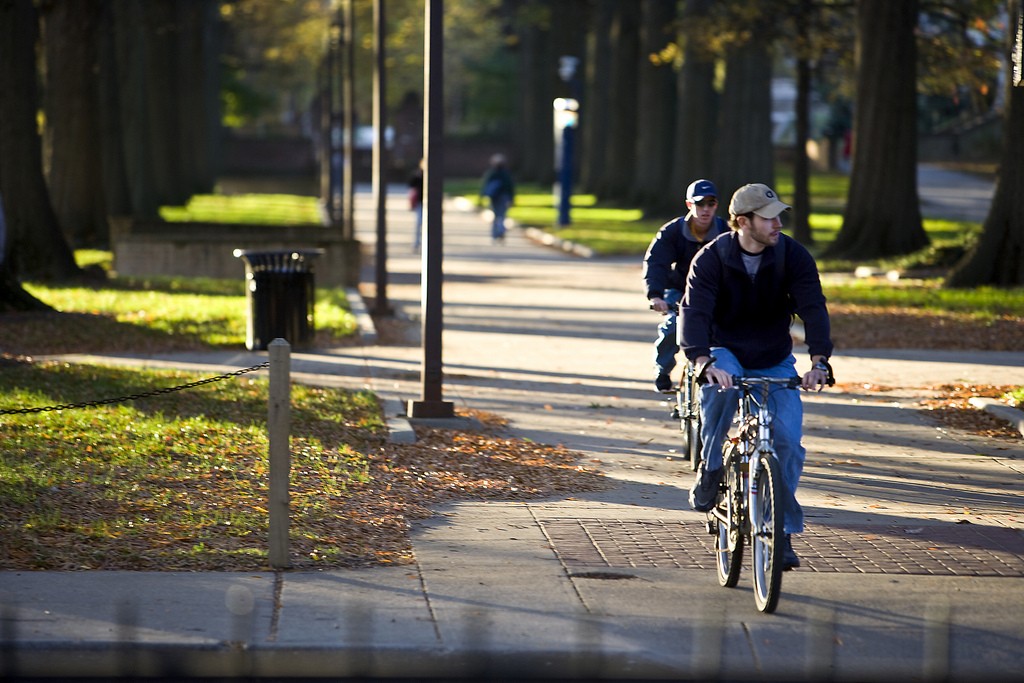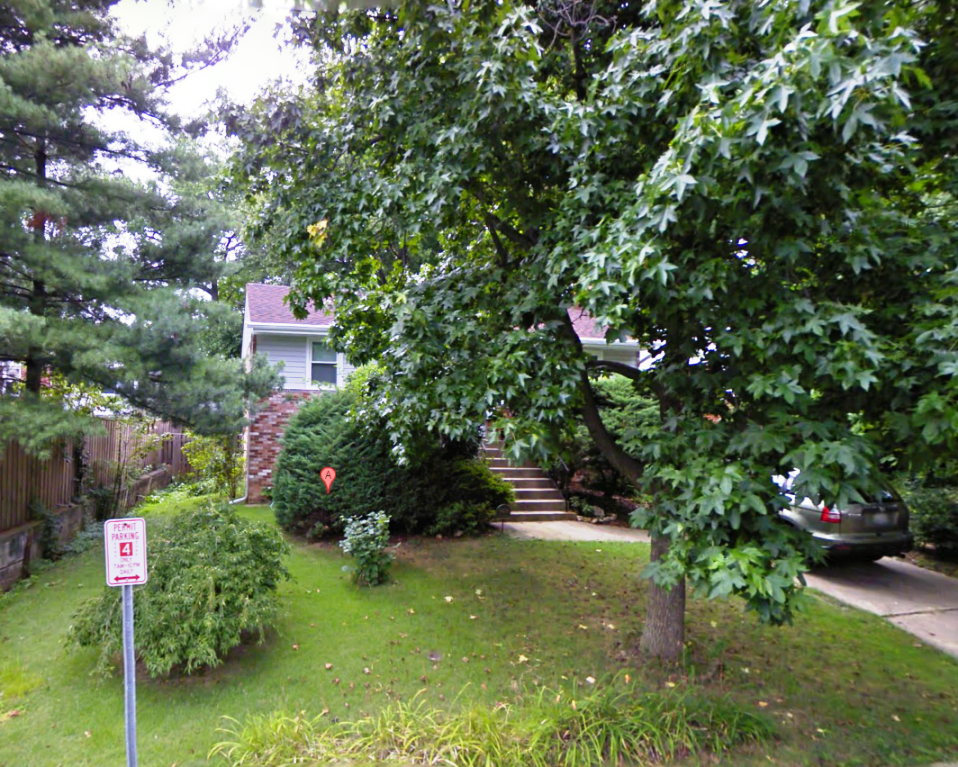UM on real estate spree in College Park The Washington Post
Post on: 3 Июль, 2015 No Comment

The University of Maryland is aggressively acquiring real estate along Route 1 in College Park, pushing to create a lively main street that better connects its flagship campus with the town and provides an atmosphere on par with the school’s academics.
University officials, through a private foundation, have leased or acquired more than $20 million in commercial properties — including a shuttered local bar — and begun negotiating agreements with other landowners that could bring hundreds of apartments and a string of new restaurants and shops to College Park.
Both the university and the town have been sometimes criticized as so lacking in amenities that graduates often leave as soon as they are able. Only 3 percent of faculty live there.
University of Maryland President Wallace D. Loh. (AP Photo/Patrick Semansky)
Under the direction of university president Wallace D. Loh, the effort is being guided by Omar Blaik, a private consultant who played a key role in the University of Pennsylvania’s efforts revitalizing West Philadelphia, and Ken Ulman, the former Howard County executive who was hired as a contractor by his alma mater eight weeks ago following a failed campaign for lieutenant governor.
“I’ve always believed that the University of Maryland can and should be central to the economy of our state,” Ulman said. “And Dr. Loh said, then come create a town for our university.”
The plan to acquire and redevelop commercial properties to the university’s liking mirrors strategies by Penn and Yale universities and other urban schools looking to combat shortcomings — real or perceived — related to safety, transportation or entertainment.
It also represents a dramatic departure from the university’s plans for the area before Loh’s arrival in late 2010. Previously the school envisioned a 38-acre, $700 million town center project that would have created a commercial hub away from downtown College Park, further distinguishing the university from the city.
College Park Mayor Andrew M. Fellows said much of the university’s planning at the time was done behind closed doors until the last second, further stressing town-gown relations.
“We read about it in the newspaper. They didn’t tell us what they were going to do,” he said.
By the time the university completed its town center plan and began negotiations with one developer — and then another — real estate values dropped dramatically, and the plans were dashed.
As disheartening as it may have been, the town center’s collapse prevented the university from building something that might have appeared overly insular. Nearly five years later, urban living is in vogue and instead of building a more isolated enclave, the university is focused on helping to develop the city center it already has.
Instead of a town center, the university has begun focusing on properties south of campus along Route 1. (UMD)
Already underway is a new hotel the school is building with Southern Management Corp. across Route 1. The 276-room hotel “will be the nicest hotel between D.C. and Baltimore” said Carlo Colella, vice president of administration and finance. It will include four restaurants, Chef Mike Isabella’s Kapnos, Potomac Pizza, Bagels ‘n Grinds and a new location by the owners of Franklins, the Hyattsville restaurant.
In addition, Maryland has acquired three sites through the University of Maryland College Park Foundation along the corridor connecting the campus to the center of town, with plans to redevelop them.
The most prominent is a bar most recently known as the Barking Dog that closed in 2013 and which had prompted concerns about underage drinking, Colella said. In its place the university plans to build ArtHouse, a dining and entertainment combination in partnership with MilkBoy, proprietors of a similar venue in Philadelphia, that would host live music and film screenings.
Above, the former Barking Dog bar. Below, a rendering for ArtHouse, which would replace it. (UMD)
Officials said the university has also signed a contract option to buy the Quality Inn hotel down the street, which it would replace with a mixed-use development with residential units above additional retail.
In addition to its development plans, the university has taken a more active role in other efforts at upgrading the standard of living in town, including the lowering of the speed limit on Route 1 and creation of a new charter school, College Park Academy .

“I think it’s a pretty exciting time for College Park,” said Prince George’s County Council member Dannielle Glaros (D). “The partnership with the city, the town and the university is probably the best I’ve ever seen in the last eight years.”
“The doors are way more open. The conversations happen way more frequently with the university. And actually we are all sort of working on the same projects,” Glaros added.
Even if the plans for a better main street are successful, other issues remain. The proposed Purple Line would mean five stops through a campus that is more than a mile from the nearest Metro station. But Gov. Larry Hogan (R) has been skeptical of the project’s costs however, and recently criticized spending overruns at another University of Maryland project, in Bowie.
A rendering of what could replace the Quality Inn south of campus. (UMD)
And then there’s the question of whether the new development will actually stir the kind of interest school officials hope it will. Ulman’s company is to be paid up to $247,000 for his efforts, what would be a more than 40 percent raise from what he made in Howard County. His focus is on attracting companies and entrepreneurs — think the next Under Armour founder — to office and incubator space, including some that will be added as part of the school’s hotel project. He said he is already seeing a lot of interest from young tech executives.
“They’re asking when is this thing going to be developed? When can I move in?” he said.
The broader goal for the university is that the town should accentuate the experience for students, faculty and entrepreneurs. The student body at College Park is sometimes criticized by town residents for unruly behavior.
Blaik said providing some higher-end surroundings can contribute to higher-minded behavior: “When you provide students with grown-up entertainment and things to do, they are more inclined to want to act like adults.”
This story has been clarified to show that that the foundation is leasing, not acquiring, some of the properties it is redeveloping.
Follow Jonathan O’Connell on Twitter: @oconnellpostbiz
Jonathan O’Connell has covered land use and development in the Washington area for more than five years.














